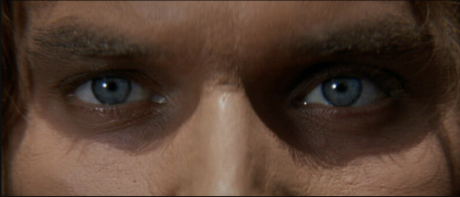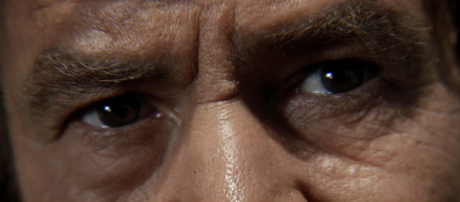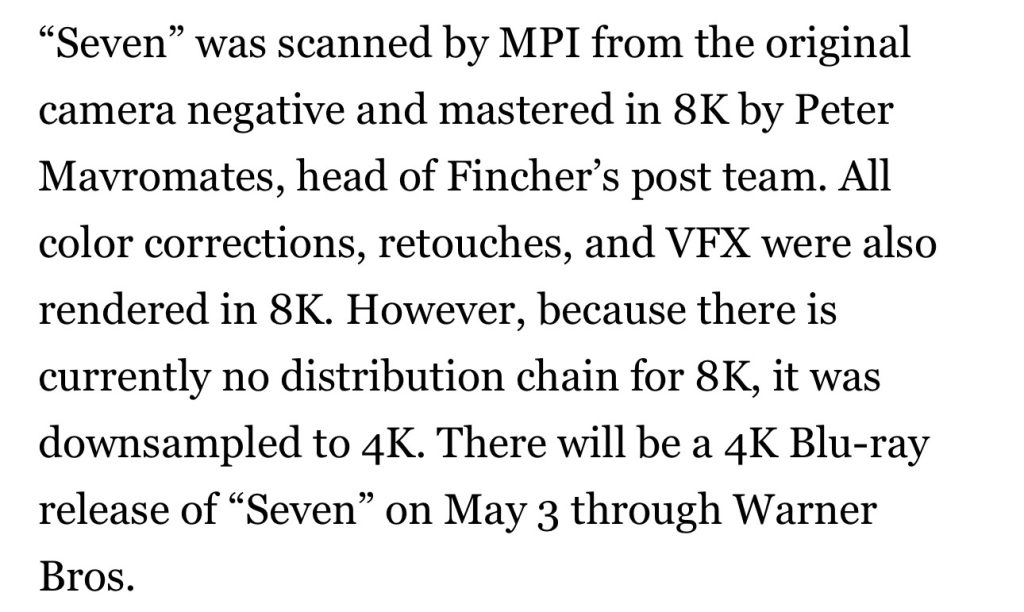“An unexamined life is not worth living but an examined one is still no bargain” — Woody Allen line from Cafe Society.
Angsty Loner (i.e., me) to Mr. Lonelyhearts: I’m 17, a high-school junior, and miserable. Partly (mostly?) due to the fact that my hormones are raging while my experience with hetero physical intimacy has been, shall we say, limited.
Which doesn’t mean I haven’t emotionally suffered over this or that dashed relationship. I’ve eaten my heart out over…I don’t know, seven or eight girls since the third grade. Maybe more. And none of the objects of my desire have been more than semi-interested, if that.
Girls are fickle and flighty and all over the map, and at the end of the day I don’t seem to have what they want. Even temporarily, I mean. Before their mood changes.
So I know a thing or two about unrequited love or lust or, in the best of situations, a combination of the two that is casually, half-assedly or all-too-briefly reciprocated and then forgotten. One of these days or years the real thing will happen, and when it does…I’ll cross that bridge.
My current obsession is blonde and blue-eyed and a little scatterbrained. Or scatter-hearted. She likes me in spurts, and then some other guy moves in.
There are three others she’s enamored of. A cute, stocky, chubby-faced jock. A hippie-ish dude with longish hair, Brooks Brothers shirts and mocassins. And a local cop who’s 27 or 28. And then fourth-place me.
I rolled around with blondie on a bed of pine needles near the local reservoir…once. We made out at a party…once. She slapped me repeatedly at another party, which was her way of saying she wanted my attention. We’ve had some fun times.
But I’m strictly backup. So what do I do? Is there any path to salvation in this agonizing situation?
Mr. Lonelyhearts to Angsty Loner: I’m sorry but no, there isn’t. It sounds cruel to say this, but you’re just going to have to suffer through this infatuation and then eventually move on.
One reason you’re in fourth place (and not third, second or first) is that you’re probably radiating weak, squishy vibes. Probably born of low-self-esteem. If you have any moxie you’ll grow out of that but for the time being it’s your cross to bear.
High-school women are reticent as a rule, and they do hold most of the cards, and if they’re not that interested you can’t stop ’em.
The fact that she’s nursing relationships with four guys simultaneously is a red flag, of course. It means she has self-esteem issues of her own. It won’t kill you to pine for this flighty little blonde. It hurts, of course, but life is a never-ending stream of hurt and troubles. Get used to it. Pain makes you stronger if you can take it.
Read more









